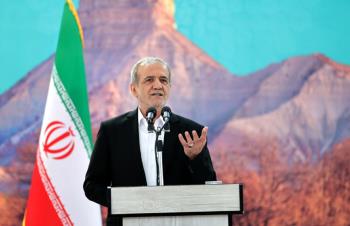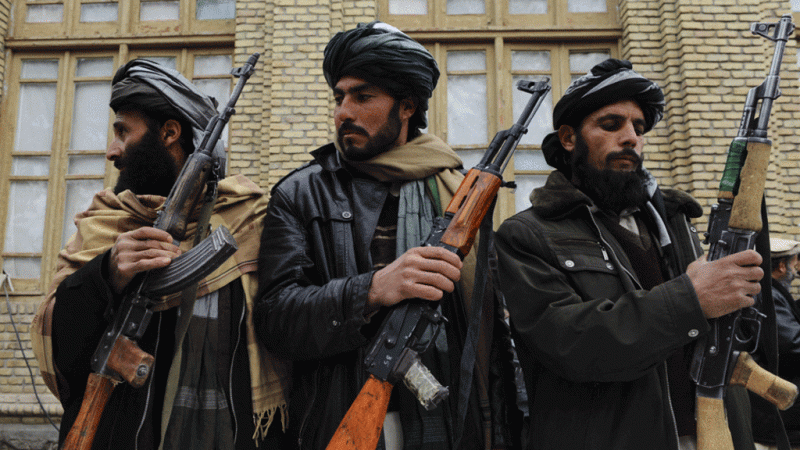Alwaght- While, the Afghan Taliban and ISIS are considered of same type, but on one hand US considers the Taliban as a terrorist group, and on the other hand it has been negotiating and communicating with this group for several years. In a similar approach the Afghan government who also considers Taliban a terrorist group, has opened ways of communication with the group. Although, the views of US and Afghanistan towards Taliban are somehow different. Since the US is planning on a long-term and effective presence in Afghanistan, Washington has considered the option of negotiation to gain immunity against Taliban attacks and does not have any problem with Taliban group participation in Afghanistan power structure as it considers it as the cost of agreement with Taliban. On the contrary, the Afghan government aims to gain legitimacy from Taliban, whom are a powerful part of the Pashtun tribe, by negotiating with them, it also consider the assurance of lack of operations by army against Taliban as a compromise and is ready to bestow the terrorist group a share in the central government.
The Taliban seeks to be recognized as a legal and legitimate group, which will enable it to gain the right of political participation and the right of seizing power. On this basis, as long as the US or the Afghan government do not realize these rights, Taliban is not going to consider negotiations desirable.
The presence of ISIS terrorist in Afghanistan, mainly within the regions under the control of Taliban, in Taliban’s eyes, pushes the US and the Afghan government towards striking an agreement. But the US considers the ISIS terrorists in Afghanistan as a threat against its military bases and policies, thinking the only option to restrain ISIS is Taliban; however since the central government in Kabul only recognizes the Taliban militants as its main security problem, it does not take the threat of ISIS’ presence seriously, and consider the dominance of ISIS terrorist over Afghanistan impossible. Considering the limited rise and presence of ISIS within some regions of Afghanistan, it is understandable why the Afghan government is not willing to negotiate with Taliban.
The fact is that, there is a tremendous differences between the threats of Taliban versus that of ISIS. The Taliban is an influential Afghan group that aims to form a government under the name of “Islamic Emirate” in Afghanistan. It has never tried to export its takfiri ideology into other countries and based on its history it is safe to claim that it has the potential and capability of negotiation. However, the ISIS terrorist group does not have Afghan origins and is consisted of native and non-native forces under a non-native leadership. Afghanistan’s ISIS is linked to the regional network of ISIS aims to form an Islamic Caliphate, and similar to the Taliban it also want Afghanistan to become an emirate, but an emirate that is under the control of the Islamic Caliphate.
Regarding Afghanistan’s condition, it can be concluded that the only group that has the capability and power to suppress the ISIS terrorists as it has so far has prevented ISIS from extending it influence across Afghanistan.



























